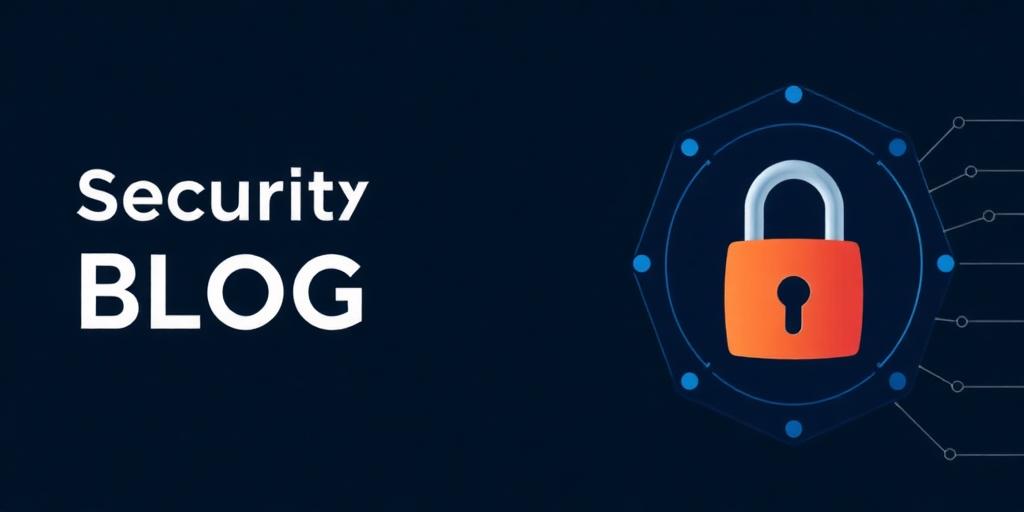In today's digital landscape, cybersecurity is no longer an option but a necessity. As threats become more sophisticated, individuals and organizations must adopt robust security measures to protect their sensitive information. Among the arsenal of cybersecurity tools, two-factor authentication (2FA), virtual private networks (VPNs), and password managers stand out as essential components of a comprehensive security strategy.
Two-Factor Authentication (2FA):
2FA adds an extra layer of security beyond the traditional username and password. It requires users to provide two different authentication factors to verify their identity. These factors typically include:
- Something you know (password)
- Something you have (a code sent to your phone or generated by an authenticator app)
- Something you are (biometric authentication, such as a fingerprint or facial recognition)
By requiring multiple authentication factors, 2FA makes it significantly harder for attackers to gain unauthorized access to your accounts, even if they manage to steal your password. It acts as a strong deterrent against phishing attacks, password breaches, and other common cyber threats.
Virtual Private Networks (VPNs):
A VPN creates a secure, encrypted connection between your device and a remote server, masking your IP address and encrypting your internet traffic. This helps protect your online privacy and security in several ways:
- Hides your IP address: A VPN masks your actual IP address, making it difficult for websites and online services to track your location and browsing habits.
- Encrypts your internet traffic: All data transmitted through the VPN is encrypted, preventing eavesdropping and protecting sensitive information from being intercepted.
- Bypasses geo-restrictions: VPNs can be used to access content that is restricted in your geographic location, such as streaming services or news websites.
VPNs are particularly useful when connecting to public Wi-Fi networks, which are often unsecured and vulnerable to hacking. By using a VPN, you can protect your data from being intercepted by malicious actors.
Password Managers:
Password managers are software applications that securely store and manage your passwords. They generate strong, unique passwords for each of your accounts and automatically fill them in when you log in. This eliminates the need to remember multiple complex passwords and reduces the risk of password reuse, a common security vulnerability.
Key features of password managers include:
- Strong password generation: Password managers generate strong, random passwords that are difficult to crack.
- Secure password storage: Passwords are encrypted and stored securely in a digital vault.
- Automatic password filling: Password managers automatically fill in your login credentials, saving you time and effort.
- Password synchronization: Password managers can synchronize your passwords across multiple devices, ensuring that you always have access to your login information.
Conclusion:
In conclusion, 2FA, VPNs, and password managers are indispensable tools for protecting your digital security. By implementing these measures, you can significantly reduce your risk of falling victim to cyberattacks and safeguard your sensitive information. While no security measure is foolproof, these tools provide a strong foundation for a comprehensive cybersecurity strategy.









